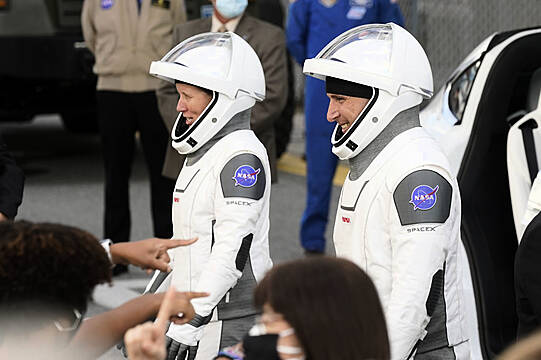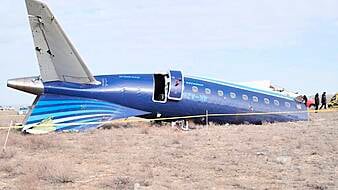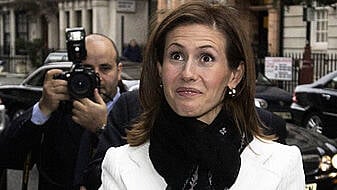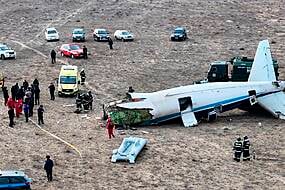SpaceX’s newly-launched capsule with four astronauts arrived on Tuesday at the International Space Station (ISS), their new home until spring.
The Dragon capsule pulled up and docked early on Tuesday morning, following a 27-hour, completely automated flight from NASA’s Kennedy Space Centre.
“Oh, what a good voice to hear,” space station astronaut Kate Rubins called out when the Dragon’s commander, Mike Hopkins, first made radio contact. The linkup occurred 262 miles above Idaho.

This is the second astronaut mission for SpaceX. But it is the first time Elon Musk’s company delivered a crew for a full half-year station stay.
The two-pilot test flight earlier this year lasted two months.
The three Americans and one Japanese astronaut will remain at the orbiting lab until their replacements arrive on another Dragon in April.
And so it will go, with SpaceX — and eventually Boeing — transporting astronauts to and from the station for NASA.

Mr Hopkins and his crew — Victor Glover, Shannon Walker and Japan’s Soichi Noguchi — join two Russians and one American who flew to the space station last month from Kazakhstan.
The four named their capsule Resilience to provide hope and inspiration during an especially difficult year for the whole world.
They broadcast a tour of their capsule on Monday, showing off the touchscreen controls, storage areas and their zero gravity indicator: a small plush Baby Yoda.
Ms Walker said it was a little tighter for them than for the two astronauts on the test flight.
“We sort of dance around each other to stay out of each other’s way,” she said.

For the launch Sunday local-time, NASA kept guests to a minimum because of the coronavirus pandemic, and even Musk had to stay away after tweeting that he “most likely” had an infection.
He was replaced in his official launch duties by SpaceX president Gwynne Shotwell, who assured reporters he was still very much involved with Sunday night’s action, although remotely.
As they prepared for the space station linkup, the Dragon crew beamed down live window views of New Zealand and a brilliant blue, cloud-streaked Pacific 250 miles below.
“Looks amazing,” Mission Control radioed from SpaceX headquarters in Hawthorne, California.
“It looks amazing from up here, too,” Mr Hopkins replied.







